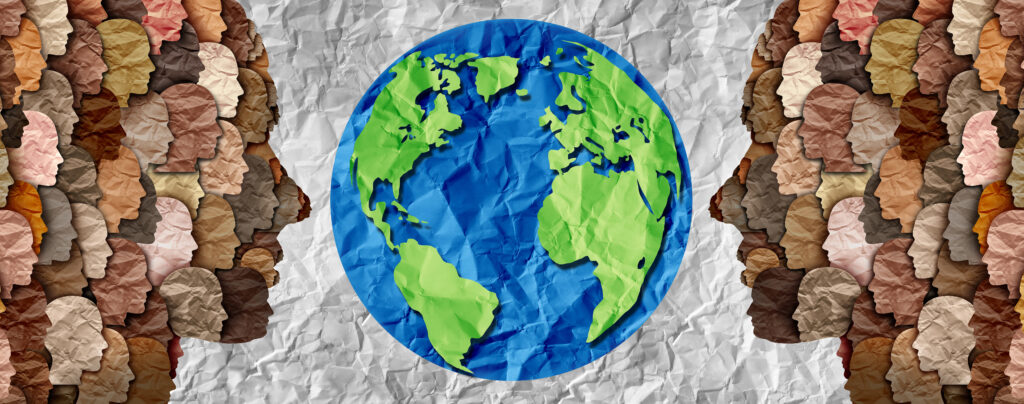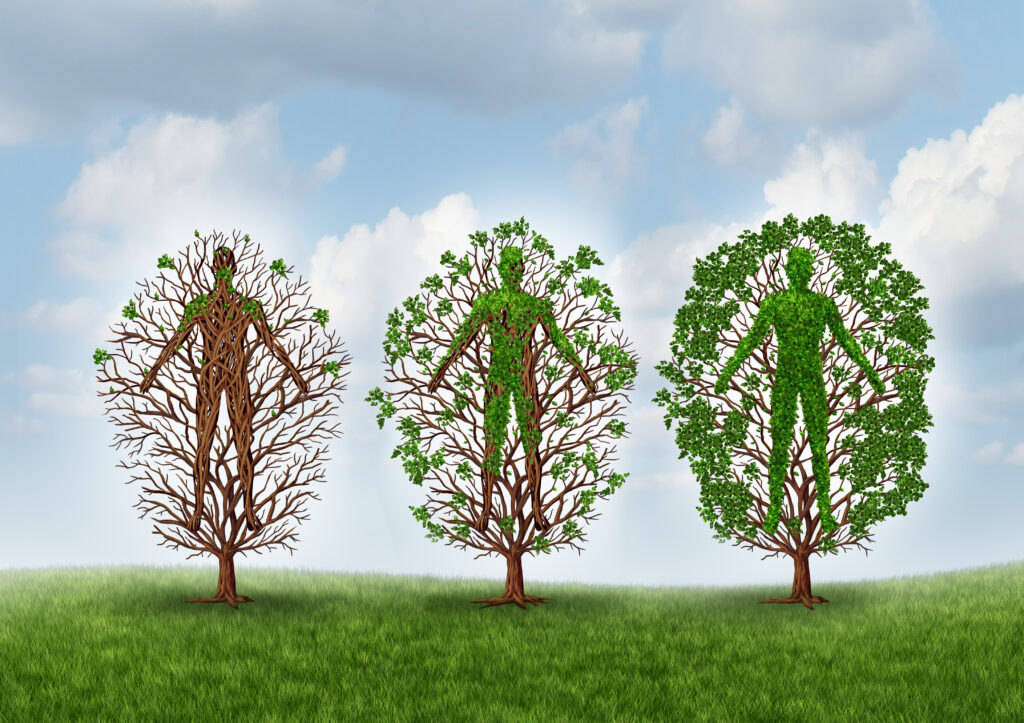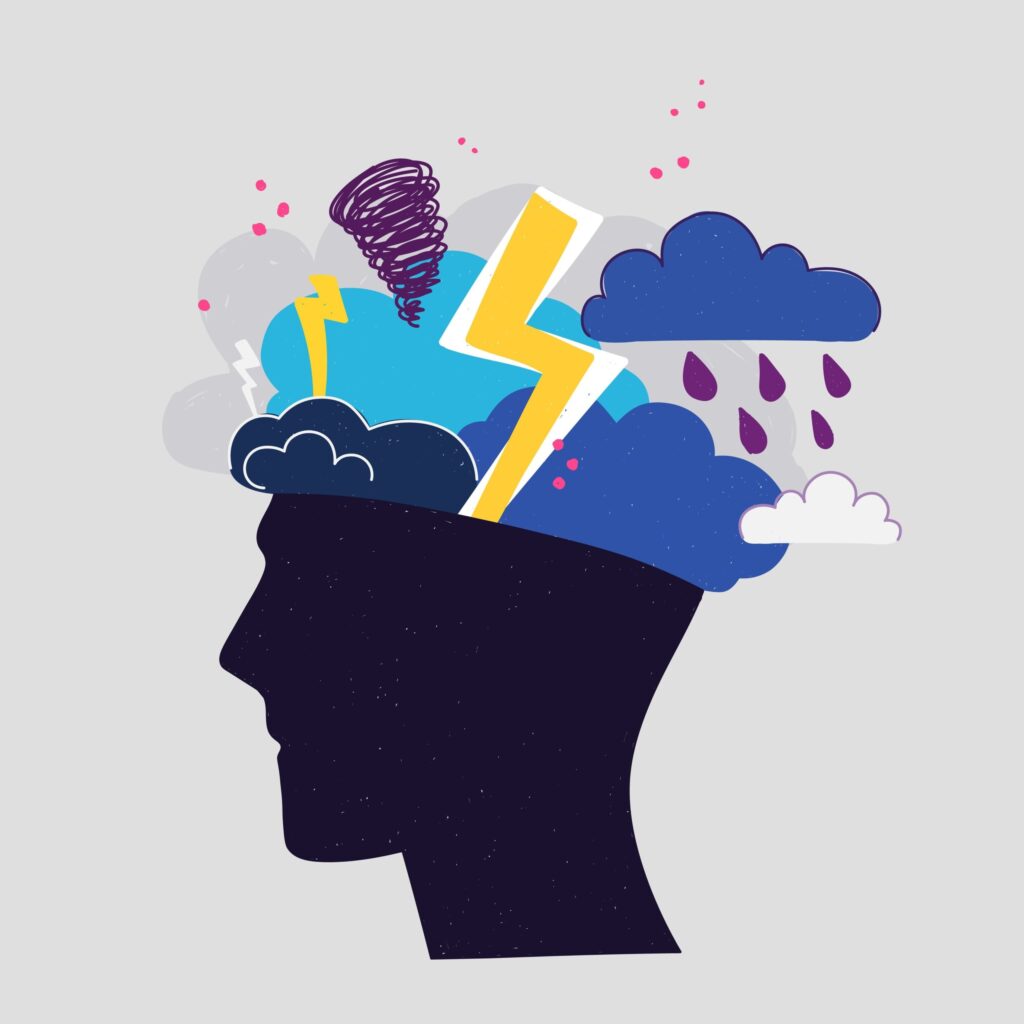
The final of the memory trilogy explores complexities in navigating historical memories of child sexual abuse in psychotherapy with adult victim-survivors.
In the five years since the #MeToo and #TimesUp movements, a chorus of victim’s voices has broken the silence and cover-ups surrounding sexual harassment and assault. The alleged perpetrators were predominantly but not only men, typically in positions of power over the victim’s employment and career. Many of the accused claimed allegations were false and that their careers and reputations have been ruined unjustly.

“The expectation that we can be immersed in suffering and loss daily but not be touched by it is as unrealistic as expecting to be able to walk through water without getting wet” Rachel Naomi Ramen.
Mental and allied health professionals, lawyers, the judiciary, and corrective services staff intersect the lives of others at critical and often traumatic junctures. These professions are frequently indirectly exposed to trauma through listening to accounts of traumatic events, exposure to distressing images, reading police, psychological and medical reports and victim impact statements.

Moral injury is an invisible wounding of profound intrapsychic harm. It is imperative at-risk professions, and as a society we lift the veil of betrayal blindness, see these invisible wounds, assist those who are suffering and take measures to address the systemic failures that inflict and perpetuate MI.

Moral injury is not a weakness. Concern for the wellbeing and safety of others is central to human relationships. For all democracy’s failings, moral principles, ethics, values, rule of law and empathy for others are the foundations upon which civil society is built. Viktor Frankl said, “Everything can be taken from a man but one thing: the last of the human freedoms – to choose one’s attitude in any given circumstances, to choose one’s own way”. Moral injury is therefore, a consequence of humanness.





